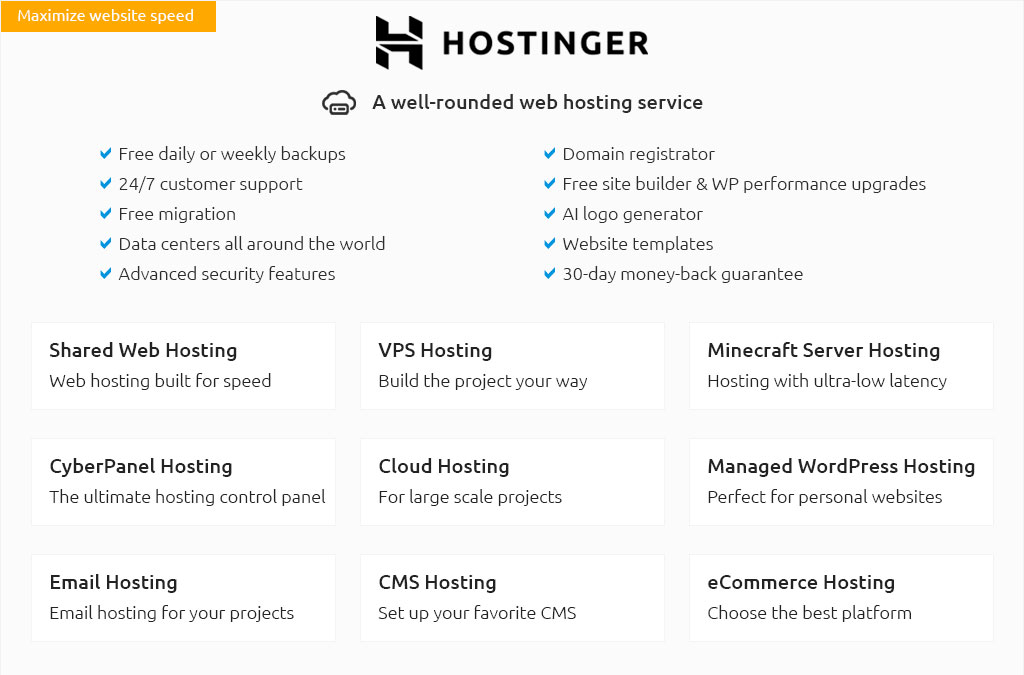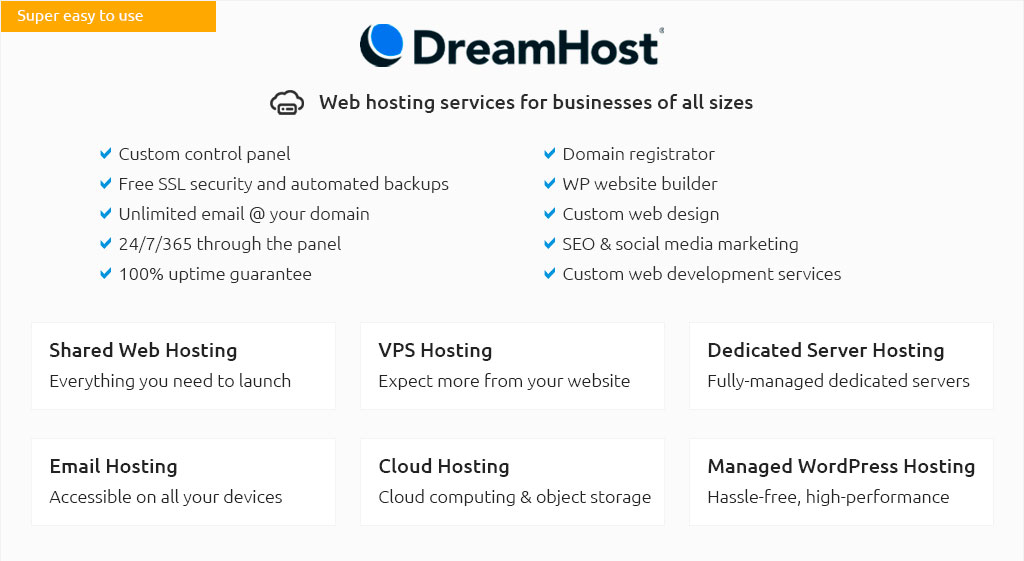 |
|||
 |
 |
 |
|
 |
|
 |
 |
 |
|||
 |
|||
 |
|||
 |
|||
 |
|||
 |
|||
 |
 |
Understanding Hosting SSL for Secure and Reliable WebsitesWhat is SSL and Why It's ImportantSSL, or Secure Sockets Layer, is a technology that establishes an encrypted link between a web server and a browser. This ensures that all data passed between them remains private and integral. Implementing SSL is crucial for protecting sensitive data, enhancing customer trust, and improving your search engine ranking. Benefits of Hosting SSLEnhanced SecuritySSL protects data integrity and security by encrypting the information shared between the server and client, making it nearly impossible for attackers to intercept. Increased Trust and CredibilityWebsites with SSL certificates display a padlock icon and use HTTPS, signaling users that the site is secure. This increases trust and can lead to better customer retention. How to Obtain an SSL CertificateThere are several ways to obtain an SSL certificate. You can purchase it from a certificate authority (CA) or check if your best web hosting for ecommerce website provider offers SSL as part of their hosting packages. Types of SSL Certificates
Implementing SSL on Your Website
Using a cheap cloud vps can be a cost-effective way to manage your SSL certificates and hosting requirements. FAQs on Hosting SSLWhat happens if I don't use SSL?Without SSL, data exchanged between your website and its users can be intercepted by third parties, leading to potential data breaches and a loss of trust. Is SSL necessary for all websites?While it's crucial for e-commerce and sites handling sensitive information, SSL is recommended for all websites to improve security and search engine ranking. How often do SSL certificates need to be renewed?SSL certificates typically need to be renewed annually, although some providers offer multi-year options. https://www.ionos.com/security/ssl-certificate
Buy an SSL certificate. Avoid a non secure warning in your browser bar and gain visitors' trust with an SSL-encrypted website. https://www.networksolutions.com/security/ssl-certificates
Hosting. chevron_left Hosting. Web Hosting - WordPress. Security. chevron_left Security. SSL Certificates - Website Security. Email & Productivity. chevron_left ... https://www.a2hosting.com/ssl-certificates/
An SSL Certificate is installed on a web server to authenticate your website's identity. This means that the website is what it claims to be. In other words, it ...
|